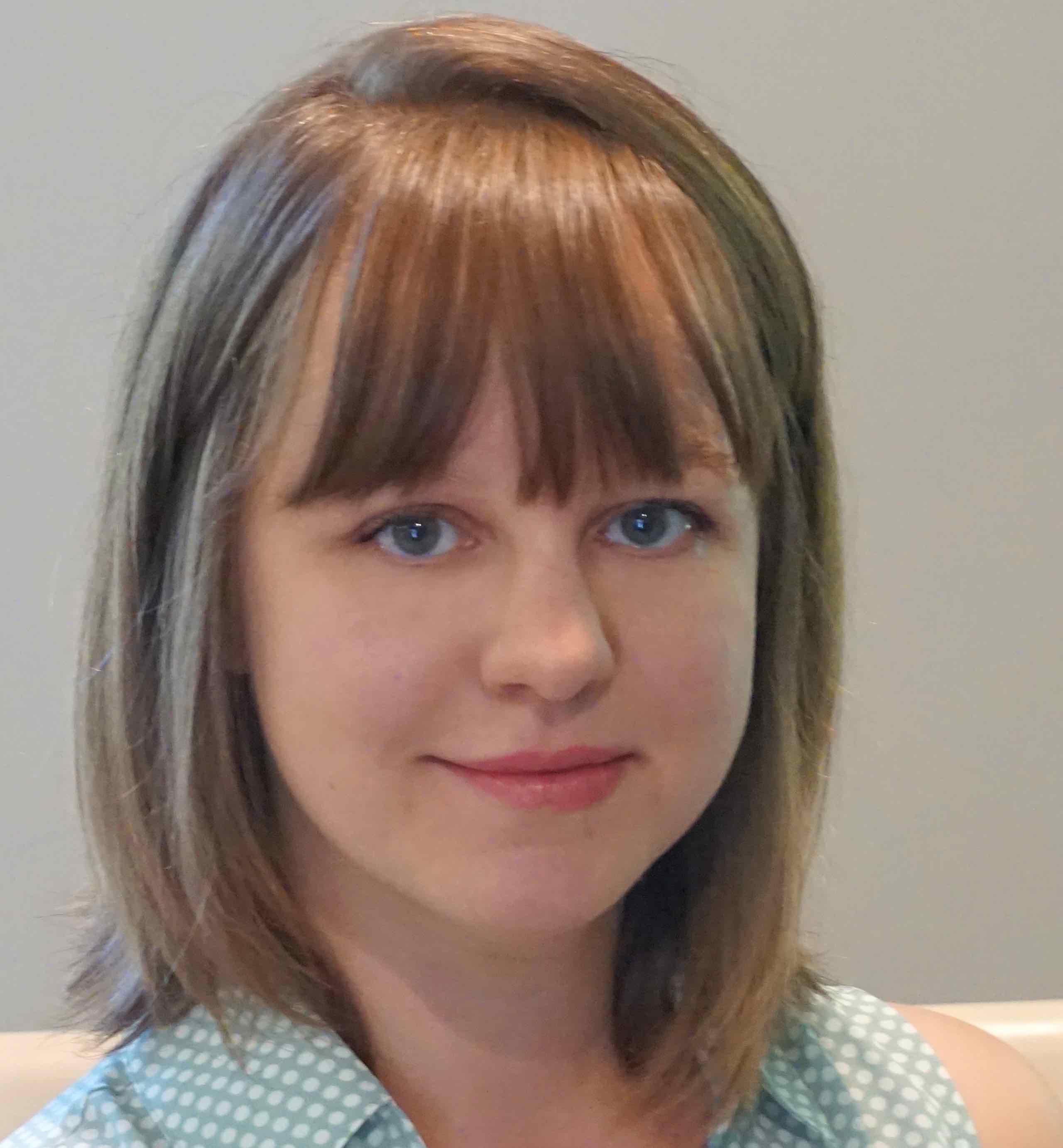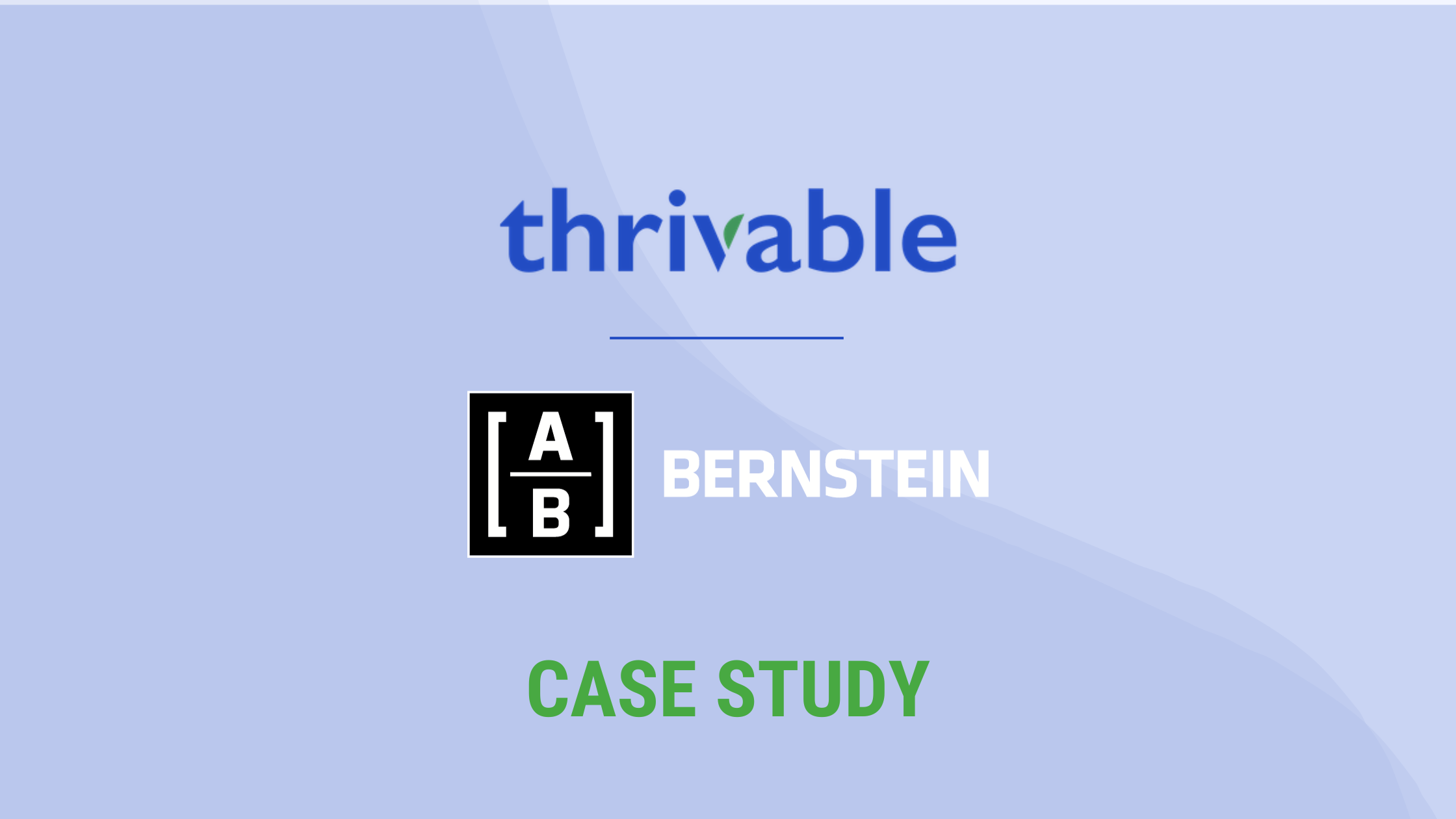Blog
From Challenge to Success: A Case Study in Participant Recruitment

Maria Muccioli, PhD
Case Studies

When a high-stakes, fast turnaround, rare quota group request came across my desk from a new customer, I was excited to get my hands in the weeds again. The previous study with another vendor had failed, primarily due to participant’s inability to adequately comprehend certain mathematical concepts related to insulin dosing. The big caveat was that these participants also could not have had previous exposure to insulin pump technology, thus upping the odds that they may be too unfamiliar with these concepts to be able to participate successfully.
I could hear the anxiety in the stakeholder’s voice, the urgency - almost desperation - of needing things to go right this time around.
I started by listening and asking questions. What happened to disqualify these participants the first time around? What exactly must they be familiar with to succeed? It turned out that they needed to be comfortable enough with counting carbohydrates and with making their own dosing manipulations in an intelligent enough way.
Through posing thoughtful questions and hypotheticals on the phone in a non-intimidating way, I was able to assess candidates’ abilities to perform the calculations that would be necessary for successful participation. While the other recruiting firms were simply asking and recording the screener answers verbatim, at Thrivable we understood the nuance of how best to assess whether someone will actually be able to successfully complete the study.
In addition to this “low-tech, math-savvy” quota group, we were also tasked with recruiting another rare population - caregivers of adults with diabetes. While caregivers of children with diabetes are much easier to find, we know that almost all adults we have come across assert that they are independent in their diabetes care. In fact, we have learned that the way many screener questions are typically posed could turn away some potential candidates who would actually qualify under a slightly adjusted definition of having a “care partner”.
It was a whirlwind of 48 hours, numerous phone calls, and an email chain of over 100 messages between the customer, the other recruiting firm, and Thrivable. At the end of the day, all the parts came together to successfully achieve 7 participants scheduled across numerous locations on a very short timeline. Everyone attended and successfully completed the study.
A big part of this success is also due to how well we worked together to coordinate with the other recruiting firm and study host. At one point, for instance, there were concerns about someone’s inability to participate due to lack of childcare for their two year old. The co-recruiter I worked with was exceptionally accommodating, as a mom of a 2 year old herself. We made it work. “Moms for the win! 😊 ” I recall writing to her in one note – this is the kind of camaraderie and teamwork that I love to see on these types of projects.
This project is also particularly memorable on a personal level, as I myself live with type 1 diabetes. I don’t get to talk to patients on the phone very often anymore, but at the time we had some staff members out, so I got to get back into the nitty-gritty of project work I love so much.
At one point, I talked to a woman who has had diabetes for over 50 years. She was a wealth of knowledge and she was one of those rare (but not so rare) finds where her spouse knew everything about her diabetes and was able to participate as a care partner. Another woman I met (the one with the 2-year-old) was the same age as I and we learned that we were diagnosed with type 1 in the same year. What is perhaps most memorable about these connections is also hearing the excitement in their voice for being called to contribute to new diabetes developments.
At Thrivable, we aim for excellence, but first and foremost, we put people first.
About the author

Maria Muccioli, PhD
Maria brings clinical research expertise to her work overseeing healthcare market research programs for Thrivable customers. She earned a PhD in Molecular and Cellular Biology from Ohio University and was also a postdoctoral researcher at the Ohio State University and a fellow at the Brigham and Women’s Hospital and Harvard Medical School.
Related Content
-

-

Case Study
Case Study: How Bernstein is Reshaping the Way Investors Think about Diabetes MedTech
Market Research
-



